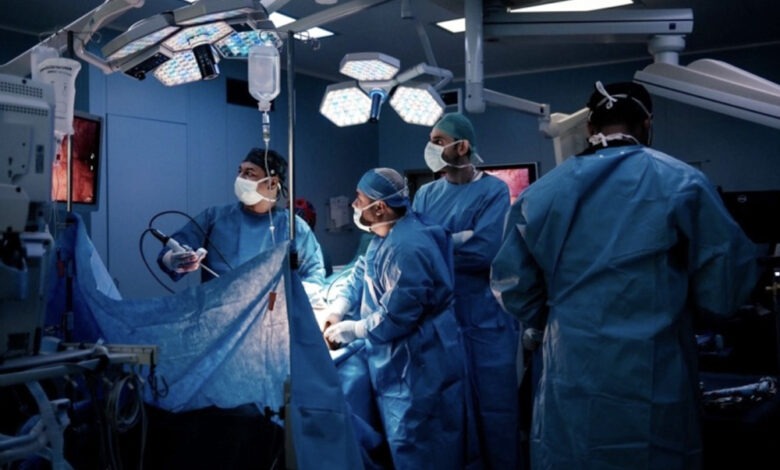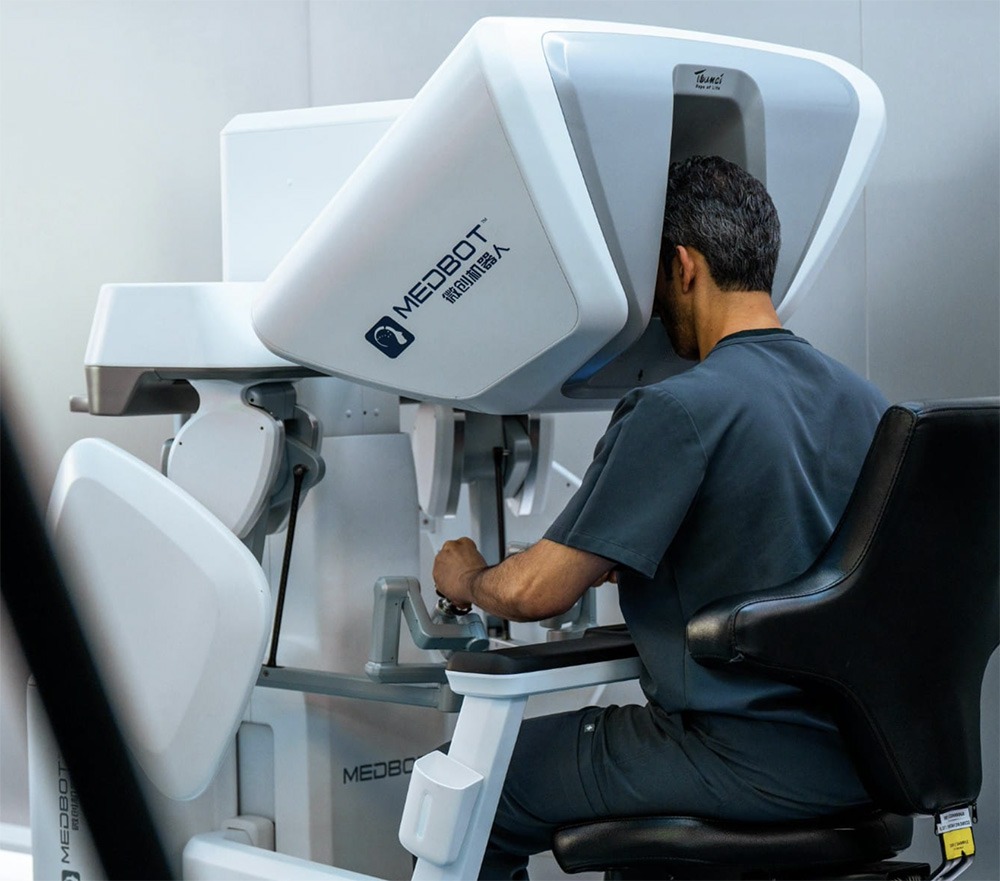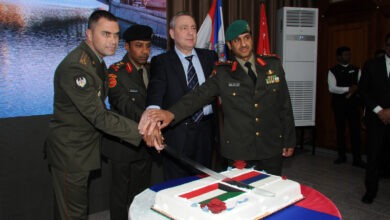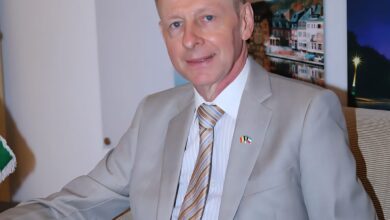Kuwait at the forefront of remote robotic surgery with advanced health infrastructure


By Sheikha Suhaila Al-Sabah
Managing Editor
In a defining moment in Kuwait’s medical history, the country has solidified its standing among global leaders in medical innovation by successfully completing nine remote robotic surgeries. This achievement represents the culmination of decades of dedicated efforts to develop a robust national healthcare system and enhance the capabilities of its medical professionals.
This landmark was praised by His Highness the Amir Sheikh Mishal Al-Ahmad Al-Jaber Al-Sabah, who in his congratulatory message to Minister of Health, Dr. Ahmed Al-Awadhi and Dr. Saad Al-Dousari, Kuwaiti consultant in kidney and urology surgery and head of the surgery department, hailed the achievement as an unprecedented medical breakthrough, emphasizing his ongoing support for all initiatives that elevate Kuwait’s global reputation and serve the nation’s well-being.
A standout procedure took place at the Sabah Al-Ahmad Urology and Kidney Center in the Sabah Medical Specialty Area, where a complex radical prostatectomy was performed on a man in his sixties. The operation was conducted remotely from Strasbourg, France by the distinguished Kuwaiti surgeon Dr. Saad Al-Dousari, using an advanced control system that bridges human skill and robotic precision across thousands of kilometers.
This procedure coincided with the opening of the World Congress of Robotic Surgeons in Strasbourg, attended by over 2,500 surgeons and experts from around the globe. The operation gave Kuwait international visibility, setting a new benchmark for excellence in digital healthcare.
Health Minister Dr. Ahmed Al-Awadhi attended the event in person, underscoring the Ministry’s commitment to supporting national talent and ensuring Kuwait’s leadership in the medical arena. In his remarks, the minister affirmed, “Once again, our national talents have proven their ability not only to keep up with global technological advancements but to lead them.” He stressed the Ministry’s continued investment in skills and technology to create a dynamic environment that fosters excellence and medical innovation.
Notably, this was the ninth remote robotic operation performed in Kuwait within just six months. Dr. Al-Dousari had previously conducted similar surgeries remotely from Shanghai, China, demonstrating the consistent performance and reliability of Kuwait’s integrated medical systems capable of executing complex procedures with high precision and safety.

This advancement marks a paradigm shift in the delivery of healthcare in Kuwait, moving beyond traditional practices to embrace AI-driven and remote surgical models, especially in highly specialized fields that require rare expertise or advanced operating environments.
It reflects Kuwait’s strategic transformation of its health system—through expanded specialty centers, modern infrastructure, and the rapid adoption of AI in diagnostics and surgery. This evolution is built on a foundation laid in 1949, when the country’s first public hospital opened, steadily progressing toward a healthcare model grounded in quality, innovation, and institutional integration.
Over the past decades, Kuwait has developed a multi-layered healthcare network focused on prevention, specialized care, and medical education. These efforts have enabled major achievements in cardiac surgery, organ transplantation, cancer treatment, and crisis management, bolstering Kuwait’s status as a regional medical hub.
The success of remote robotic surgery is not only a scientific and medical breakthrough — it is also a political and humanitarian statement, reaffirming Kuwait’s commitment to providing the best possible care to all its residents and embracing smart medicine as a pathway to global healthcare leadership.
In an era of growing challenges, achievements like this highlight the power of political will, medical expertise, and technological innovation. Kuwait is not simply celebrating a surgery — it is affirming a new philosophy of care — “Humanity first, and science as our path to leadership.”
This is not a sudden achievement but the fruit of decades of planning and vision—an outcome that places Kuwait as a competitive force in global medicine. It proves that Kuwait’s investment in medical knowledge and collaboration between leadership and national talent will remain the cornerstone of its progress in a rapidly changing world, where only those who embrace the future with innovation and patriotism will lead.












